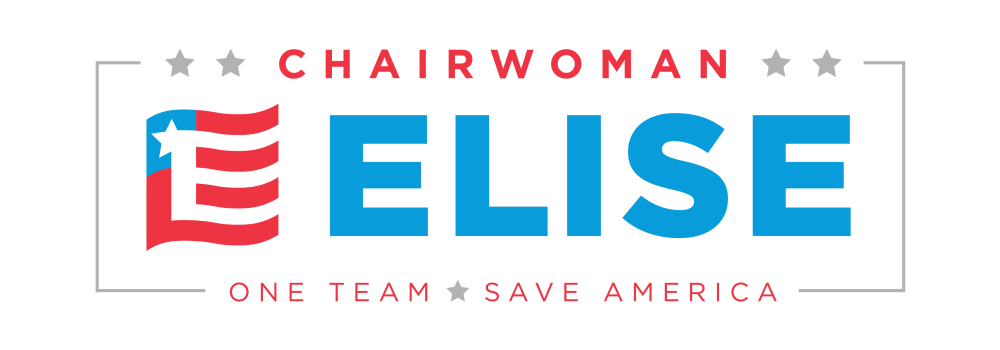May 1, 2023
By Josh Christenson
House Republicans have accused the Biden administration of lying to veterans about purported cuts to their benefits concealed in the debt limit bill their conference passed last week.
GOP members, many of whom are veterans themselves, slammed President Biden over the weekend for “politicizing” the Department of Veterans Affairs after the agency put out an April 21 press release claiming the debt bill would cut funding for veterans’ programs by 22%.
“In my nine years as a member of Congress, I have never seen the use of an agency that is so vitally important to so many people be used as a political hammer, to deliver a message that is false so that it would stir people up to cause our veterans to be used as pawns in a political game,” Rep. Mike Bost (R-Ill.), who chairs the House Veterans Affairs’ Committee, said on a Sunday conference call.
The Limit, Save, Grow Act, which passed the House along party lines April 26, would increase the federal debt ceiling by $1.5 trillion or suspend it until March 31, 2024, whichever comes first.
It would also reduce non-defense discretionary spending to fiscal year 2022 levels and limit the growth of future expenditures to 1% annually over the next 10 years — though no agencies are singled out for spending cuts.
“They’re shamelessly lying about veterans benefits and politicizing the VA to do so,” House Republican Conference Chair Elise Stefanik (R-NY) said of the Biden administration. “There is not a single line, not a single page in this bill that Democrats can point to that cuts veterans’ benefits.”
Stefanik added that similar negotiations in 2011 between House Republicans and the Obama White House included no cuts to veterans’ benefits.
House Speaker Kevin McCarthy (R-Calif.), Majority Leader Steve Scalise (R-La.) and Bost have all pledged to retain the full range of veterans’ benefits in any final version of a debt ceiling bill.
“The speaker himself has said, ‘We’re protecting veterans.’ Mike Bost, the chairman of the Veterans Affairs Committee, is a veteran himself,” Scalise said Sunday on ABC News’ “This Week.”
“I’ll tell you as the majority leader, I will not bring a bill to the floor of the House — even if President Biden wants it — I will not bring a bill that cuts our veterans.”
Bost said Sunday he had spoken with VA Secretary Denis McDonough earlier in the day, but had “to calm down” first.
“I said, ‘Well, I understand that probably your boss told you to do that,’” added Bost, referring to pressure from the Biden White House. “But still it shouldn’t have been done.”
Rep. Andy Harris (R-Md.) suggested the only potential funding cuts to the VA should target its press office.
“Obviously they have too much money in the communications department if they’re spending it on political purposes,” he said.
The VA’s spending cut analysis assumed “an across-the-board reduction of roughly 22% compared to currently enacted FY 2023 levels for non-defense discretionary accounts.
The day before the release came out, White House Office of Management and Budget Director Shalanda Young accused Republicans of working to “undermine medical care for veterans,” citing the same 22% reduction and alleging “30 million fewer veteran outpatient visits and 81,000 jobs lost across the Veterans Health Administration.”
McDonough himself echoed those claims before a Senate committee last week, saying the bill “may result in 30 million fewer outpatient visits.”
Republicans say the top-line budget cuts would not apply evenly to each federal agency or program. Final funding levels will be approved in the appropriations process, if the bill passes the Senate.
No Democrats supported the Republican debt bill, and Senate Majority Leader Chuck Schumer (D-NY) has declared it “dead on arrival” in the upper chamber. Four Republicans — Reps. Andy Biggs of Arizona, Ken Buck of Colorado, Tim Burchett of Tennessee and Matt Gaetz of Florida — voted against the measure.
Read the article in New York Post here.





